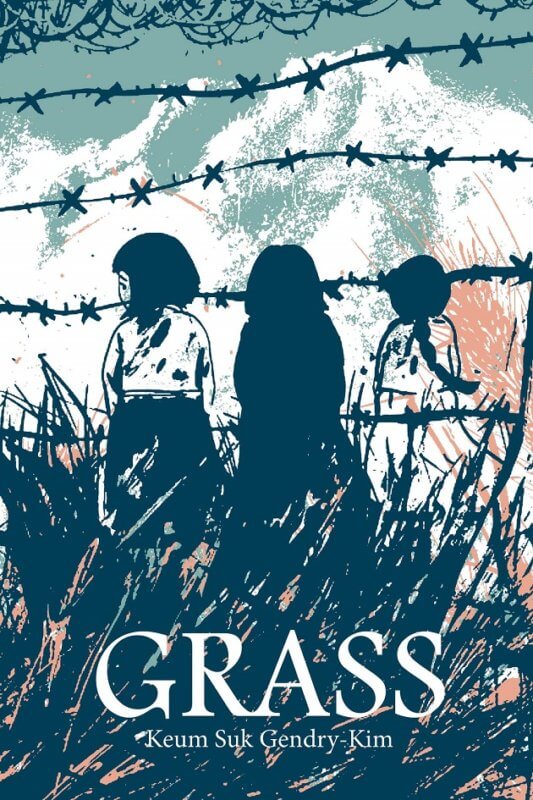25 Oct / Grass by Keum Suk Gendry-Kim, translated by Janet Hong [in Booklist]

 *STARRED REVIEW
*STARRED REVIEW
Few historical tragedies compare to the hell-on-earth endured by the Japanese military’s so-called “comfort women,” a grossly abused term for mostly young girls kidnapped during WWII into sexual slavery. For Lee Ok-sun, one of Korea’s few survivors, her “service” included 30–40 men daily in a remote Japanese brothel in China, where she spent three inhumane years.
Born in Busan during Japan’s brutal occupation of Korea, she dreamed of school as a young girl but stayed home to raise three younger siblings. Constantly hungry, her parents convinced themselves she could at least eat if she was “adopted” by strangers. Abused and overworked, she was abducted at 14 while returning from an errand. When Korean graphic novelist Keum Suk Gendry-Kim met Lee, the nonagenarian was living in the House of Sharing, a nursing home caring for comfort women in Gwangju, Korea. “As I got to know her, I witnessed her incredible will to survive and her love of life,” she writes in her affecting afterword.
Over three years, Gendry-Kim worked to recreate Lee’s world in stark black-and-white, often using partially or fully blacked-out panels for the unbearably nightmarish scenes. After finally returning to Korea in 2000, Lee continued her activism, determined to shout her story until the Japanese government fully acknowledges and compensates the remaining survivors. Gendry-Kim feeds that tenacious hope with her penultimate image of Lee’s smiling, aged face. Hauntingly translated by Janet Hong, Grass proves to be significant, paramount testimony.
Review: “Graphic Novels,” Booklist, October 15, 2019
Published: 2019 (United States)
Readers: Adult
